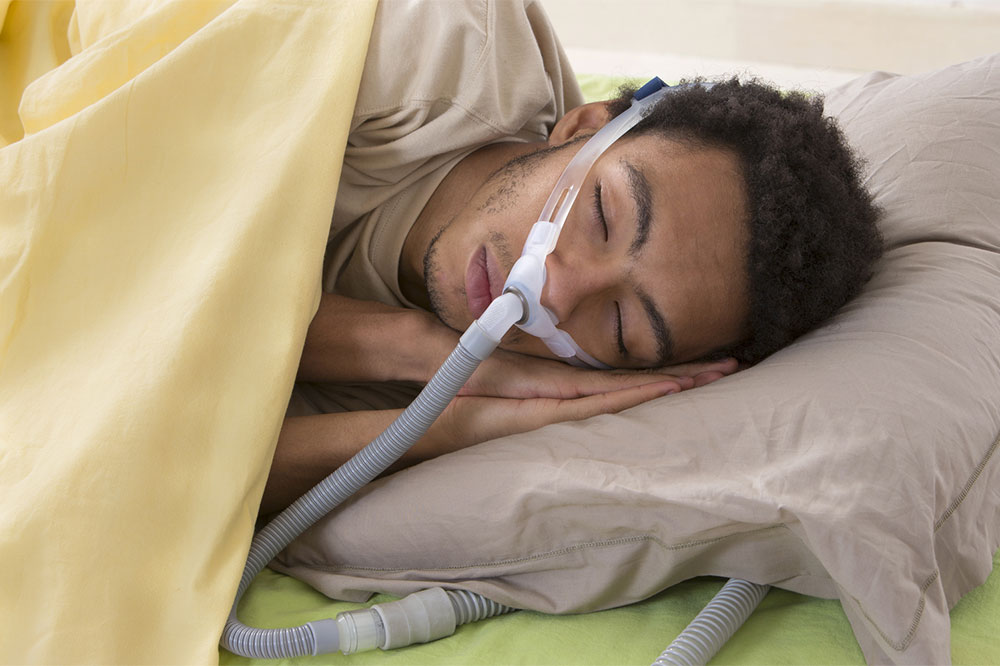
The Causes, Signs, and Symptoms of Sleep Apnea
Sleep apnea is a condition characterized by erratic breathing when asleep. Intervals in breathing last for a minimum of 10 seconds. This problem may arise from a restricted air passage or due to your brain failing to send signals to the respiratory system.
Sleep apnea may also lower the level of blood oxygen. The signs and symptoms of sleep apnea include lack of sleep and oxygen deficiency, causing hypertension, memory loss, and heart diseases. Due to a lack of sleep, one might feel drowsy throughout the day.
Causes of sleep apnea
Sleep apnea can be of two types: central sleep apnea and obstructive sleep apnea. They both have different causes. Some of them are:
Air passage obstruction
Fat deposits in the air passage can obstruct the airflow. The little amount of air that manages to squeeze through may cause loud snoring.
Muscle relaxation
During sleep, some muscles near the air passage may relax. As a result, the passage might get narrow, preventing the flow of air.
Brain function
Change in altitude, a stroke, or heart failure may cause central sleep apnea where the brain fails to send signals to the respiratory muscles.
Drugs
Sleep apnea can be triggered by some narcotics like morphine, codeine, and oxycodone.
The signs and symptoms of sleep apnea may appear due to any of these causes. Sometimes the patient might not even be aware of the symptoms while they are asleep.
Symptoms of sleep apnea
The main symptom of sleep apnea is the inability to breathe for a short amount of time. After 10-30 seconds, the brain usually detects it and forces the muscles to work, thus allowing you to breathe again.
The signs and symptoms of sleep apnea include:
- Memory loss
- Drowsiness
- Loss of libido
- Bad performance at work or school
- Leg getting swelled up
- Being in a bad mood
- Headaches
- Depression which gets worse
- Hyperactivity
Sleep apnea may affect your metabolism which may cause a rise in blood pressure, cholesterol imbalance, an increase in the girth of the waist, and higher-than-normal blood sugar level.
Heart complications may arise due to sleep apnea. A decrease in blood oxygen can put pressure on the cardiovascular system. High blood pressure is common, as sleep apnea can cause your heart to beat irregularly. Patients with heart diseases can also die from irregular heartbeat patterns.
Sleep apnea may also affect your liver, causing fat to get deposited. The liver may get scarred as well.
Sleep apnea increases the risk of anyone developing type 2 diabetes.
Loud snoring is also common in sleep apnea.
Depending on the severity, the signs and symptoms of sleep apnea may not be noticeable at all. However, once you catch them, you should consult a doctor and receive appropriate treatment to lead a healthier life.



